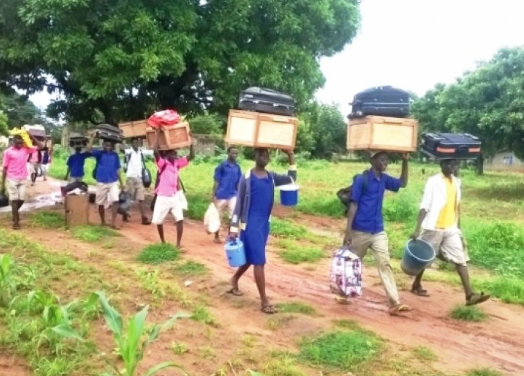
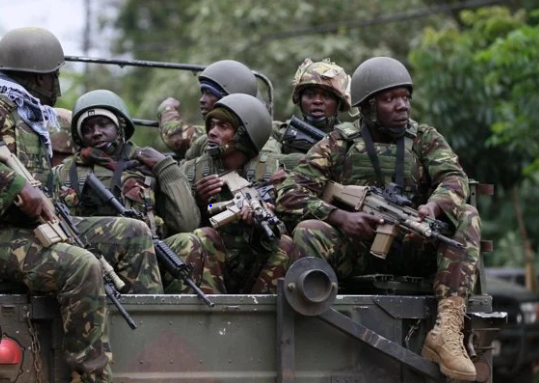
The escalating violence in Bawku, a vital commercial centre in Ghana's Upper East Region, reflects a concerning trend of conflict spreading throughout the country.
The recent increase in hostilities has largely been driven by long-standing ethnic rivalries between the Mamprusis and Kusasis, resulting in a tragic rise in fatalities and a humanitarian crisis as residents are forced to flee their homes. On Tuesday, 29 October 2024, the Minister of Chieftaincy and Religious Affairs, Stephen Asamoah Boateng, confirmed a death toll of 16, which later rose to 19, intensifying calls for immediate government action and peacebuilding initiatives.
This unrest is not confined to Bawku; other regions of Ghana are also facing their own conflicts. The northern territories have witnessed violent clashes over land and chieftaincy disputes, often resulting in significant loss of life and property. The enduring Dagbon chieftaincy conflict continues to simmer without resolution, periodically erupting into violence. Meanwhile, in the Oti Region, specifically in Alavanyo and Nkonya, disputes over land ownership have sparked confrontations, disrupting communities and posing security threats for decades. Recently, Nkwanta, in the same region, also experienced conflicts that resulted in loss of life, necessitating the imposition of curfews. The above-mentioned are just a few of the areas in Ghana that have experienced conflicts of various forms.
In urban areas like Accra, rising crime rates, particularly armed robberies and gang violence, have instilled fear among some residents. Although the Ghana Police Service has increased patrols, many citizens still feel insecure. This situation underscores the urgent need for comprehensive conflict resolution strategies across the country, especially with the approaching elections in December.
Here are six reasons why conflicts in Ghana, particularly in Bawku, should urgently be resolved before the December polls:
1.Conflicts pose a threat to Peace Ahead of Elections
As elections approach, tensions in conflict-prone areas heighten, making it imperative to resolve ongoing disputes to safeguard peace. Historical instances demonstrate that unresolved conflicts can lead to politically motivated violence, disrupting the electoral process and endangering lives. For example, the violence in Bawku has intensified during election periods, with rival factions exploiting the chaos to advance their political agendas, leading to a breakdown of law and order. Past elections have shown that the potential for violence can deter voter turnout and undermine democratic processes, ultimately threatening regional stability. Ensuring a peaceful environment before the elections is vital for fostering trust in the electoral system and encouraging civic participation.
2. Protection of Lives and Property
Conflicts in northern Ghana have historically resulted in numerous fatalities and widespread destruction of property, often stemming from chieftaincy disputes and ethnic tensions. For example, the Konkomba-Nanumba conflict (1994-1995) led to over 2,000 deaths and the displacement of thousands, with entire villages destroyed and livelihoods devastated. The ongoing Dagbon chieftaincy conflict has similarly resulted in violence, especially after the assassination of King Ya-Na Yakubu Andani II in 2002, causing property destruction and economic disruption in the Yendi area.

In Bawku, tensions between the Kusasi and Mamprusi ethnic groups over chieftaincy rights have resulted in repeated violence, loss of life, and significant damage to homes and businesses, undermining the region's economic activities. Furthermore, conflicts between Fulani herders and local farmers over grazing rights have exacerbated tensions, leading to fatalities and crop destruction, further threatening food security. Addressing these conflicts promptly is crucial to preventing further loss of life and safeguarding the livelihoods of people in northern Ghana, particularly ahead of the upcoming elections.
3. Stabilisation of Economic Activities
Bawku serves as a vital commercial hub in the Upper East Region. However, ongoing violence disrupts businesses, agriculture, and trade, impacting the local economy and exacerbating poverty. Frequent market closures, particularly at the Bawku Central Market due to insecurity and curfews, have resulted in substantial financial losses for traders, with reports indicating thousands of Ghanaian cedis lost during these shutdowns.
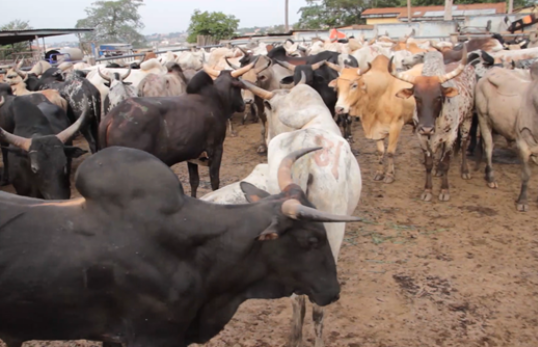
Additionally, the agricultural sector has suffered setbacks as many farmers abandon their fields out of fear, leading to a reported decline in productivity of over 30% during peak harvest periods. The conflict has also displaced business owners, with the Ghana Statistical Service noting a 40% reduction in registered businesses in the area. Consequently, unemployment rates have surged by approximately 15%, pushing many families into poverty; a report by the Ghana Living Standards Survey highlighted that nearly 40% of households in conflict-affected regions like Bawku struggle to meet basic needs.
4. Reduction in Government Security Expenditure
Sustained conflict necessitates ongoing police and military deployments, which drain government resources significantly. For example, the Ghana government has had to allocate substantial budgets for security operations in conflict zones, spending over GHS 15 million on interventions in the Upper East Region between 2020 and 2022 alone. This expenditure primarily funded police deployments and peacekeeping operations in Bawku, diverting funds from essential services such as education and healthcare.
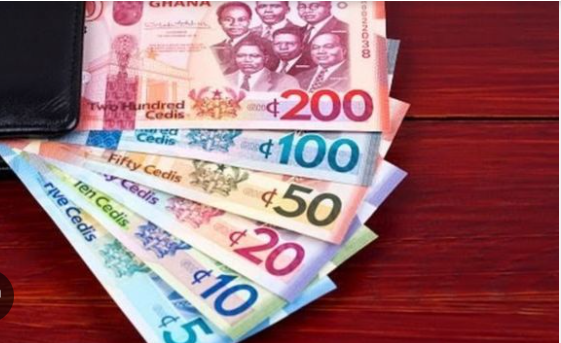
In 2021, about 20% of the national security budget was earmarked for conflict management efforts in Bawku, funds that could have supported infrastructure development or social welfare programmes. Moreover, the presence of military personnel has become common, with an estimated 1,000 soldiers deployed to the region at various times to restore order, further straining the national budget. Resolving the conflict would alleviate this financial burden and free up funds for critical areas such as health and education, ultimately enhancing the overall quality of life for residents in the Upper East Region, especially in the context of upcoming elections.
5. Educational continuity for Students
In Bawku, over 30 schools were temporarily closed during the height of violence in 2022, affecting around 7,000 students who were unable to attend classes. Similarly, in the Volta Region, land ownership disputes have resulted in clashes that caused the closure of over 15 schools, impacting nearly 4,000 learners.

In the northern region, chieftaincy disputes have also disrupted education, with many schools remaining shuttered for extended periods, causing reports of students falling behind by up to two academic years. The Ghana Education Service has noted rising dropout rates in conflict-affected areas, with some schools reporting a 25% decline in enrolment due to safety concerns and family displacement. Teachers in these regions struggle to deliver lessons consistently amid ongoing uncertainty.
6. Prevention of Spillover Effects
Unresolved conflicts in northern Ghana pose a significant risk of spillover effects that could destabilise surrounding regions, particularly during an election period. For example, violent clashes in Bawku have led to tensions spilling over into neighbouring districts like Garu-Tempane and Nabdam, where fears of violence have increased anxiety among residents and prompted the displacement of families seeking safety. Reports indicate that approximately 2,000 individuals fled to nearby towns during the height of the Bawku conflict, exacerbating resource strain and heightening tensions in these communities.
Additionally, escalations in conflict have sparked retaliatory violence in adjacent areas, as evidenced by the 2020 clashes between rival groups originating in Bawku that spread to neighbouring districts, resulting in loss of lives and property.
If not addressed promptly, these conflicts can create an environment of insecurity that affects trade routes and economic activities across northern Ghana. By tackling the root causes of the conflict now, stakeholders can prevent broader security concerns from developing, ensuring stability and peace not just for Bawku but for the entire northern region, particularly in the lead-up to elections.
Read Full Story

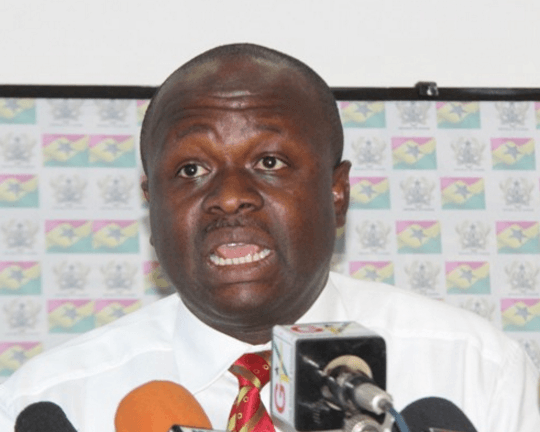
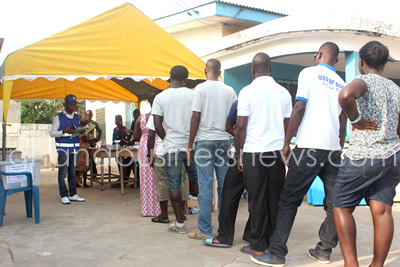
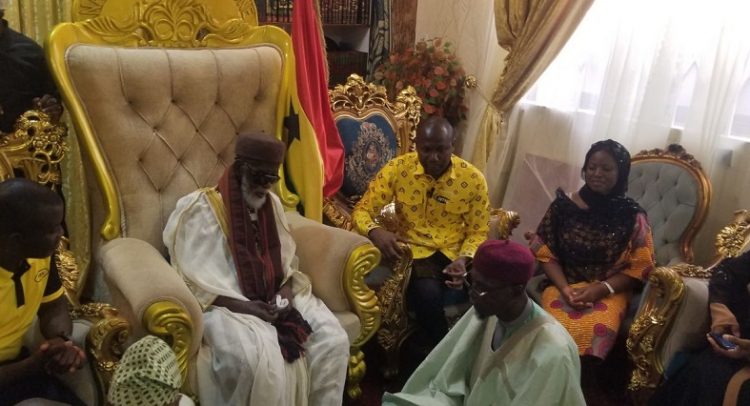

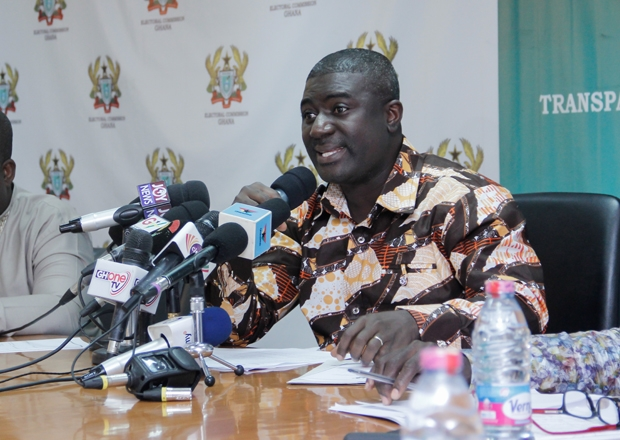






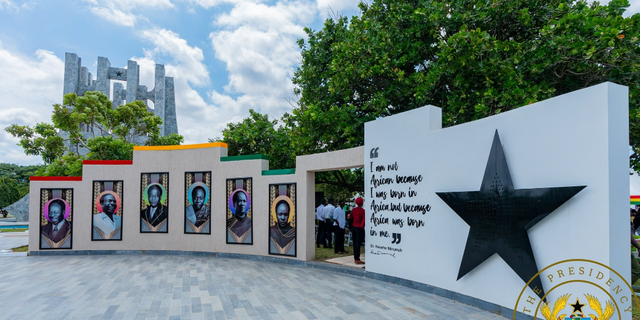

Facebook
Twitter
Pinterest
Instagram
Google+
YouTube
LinkedIn
RSS